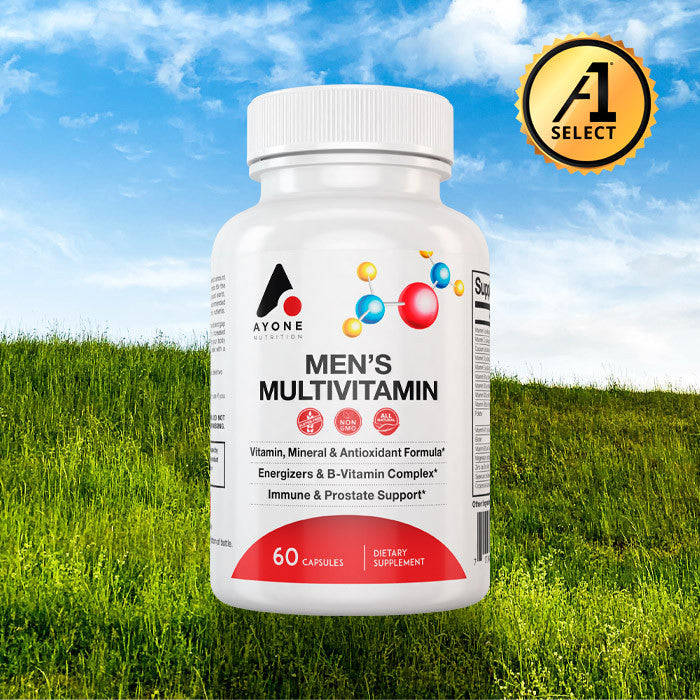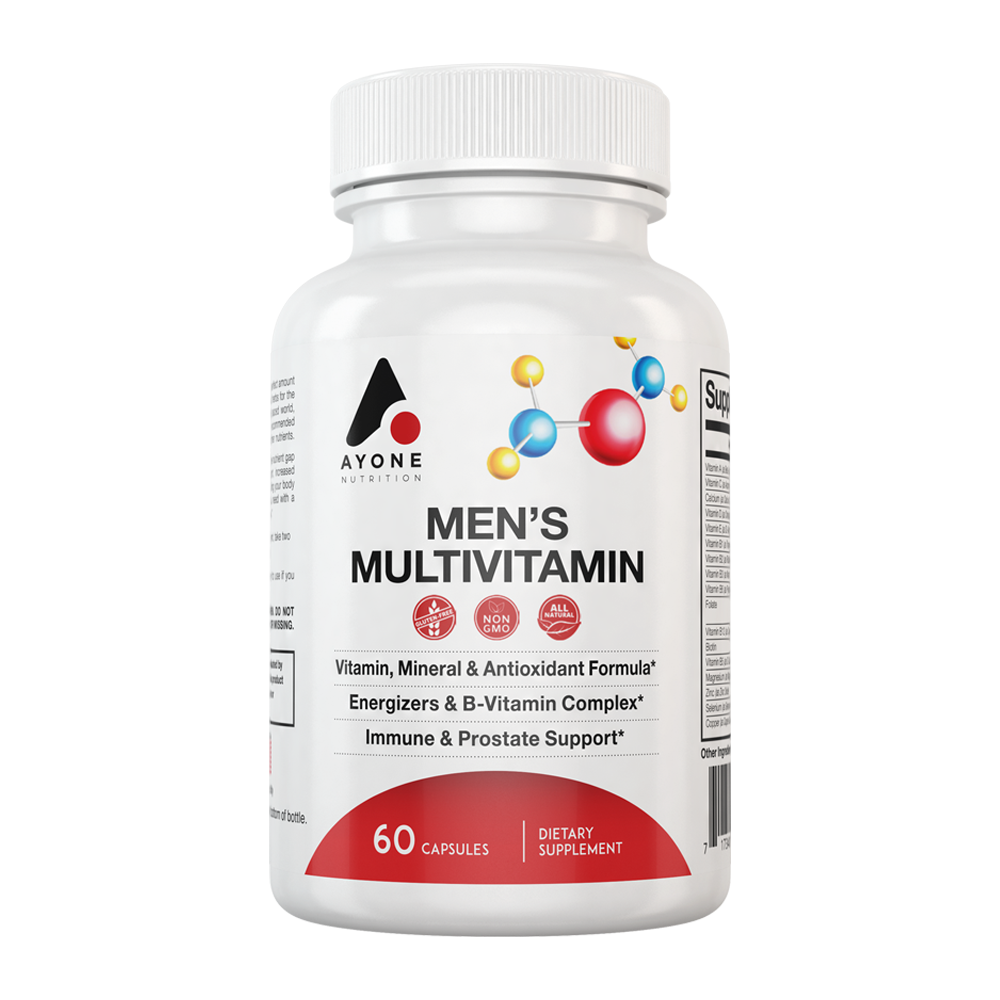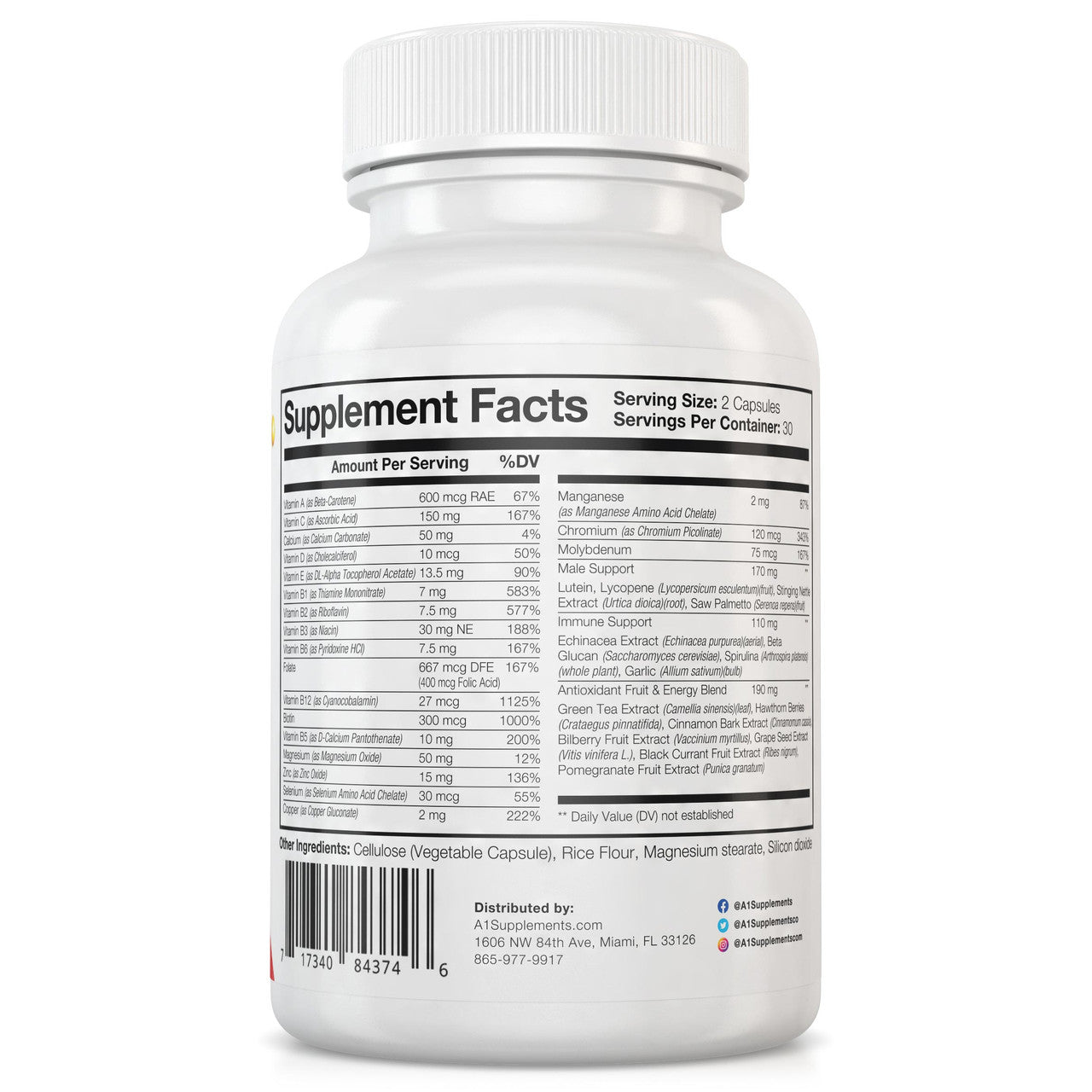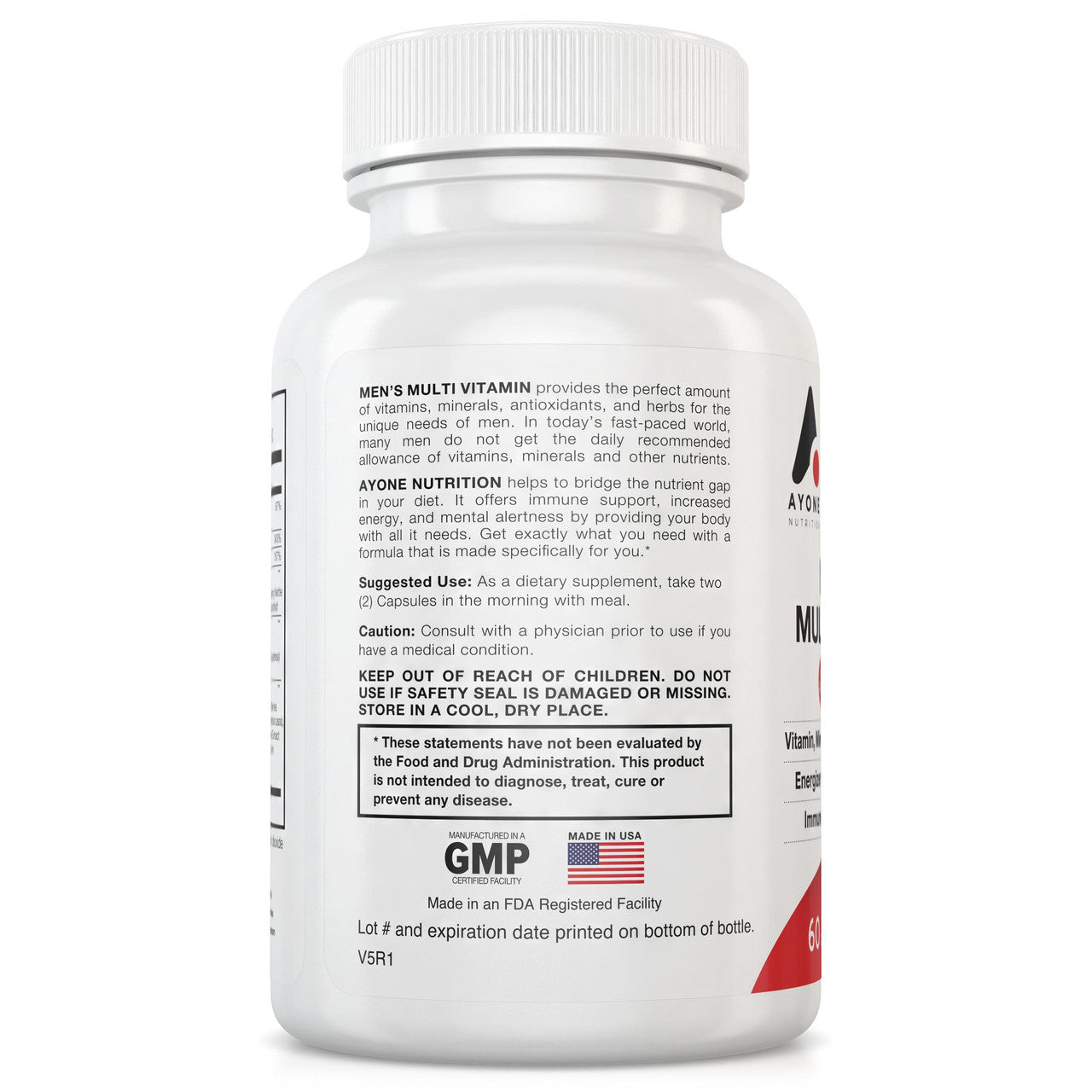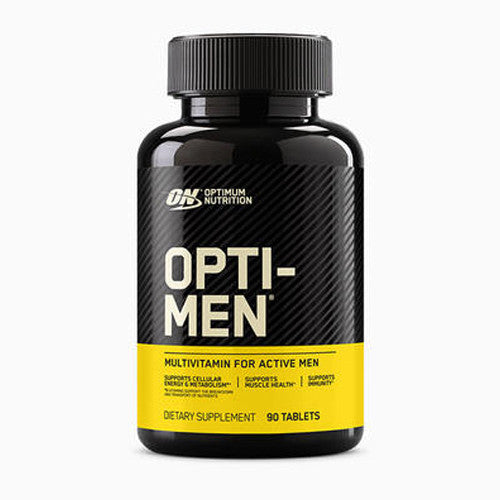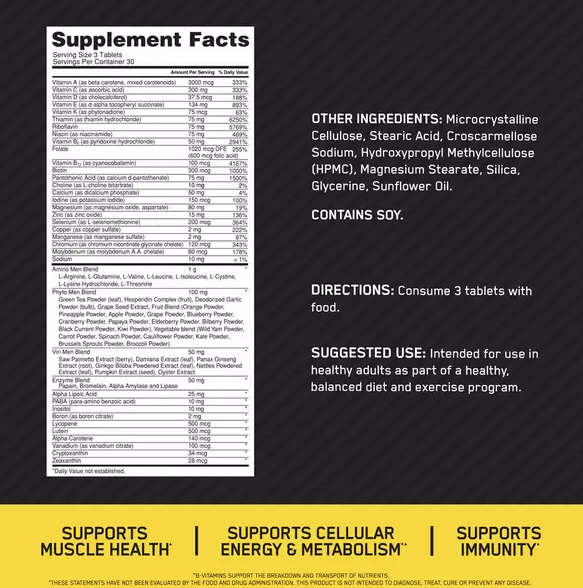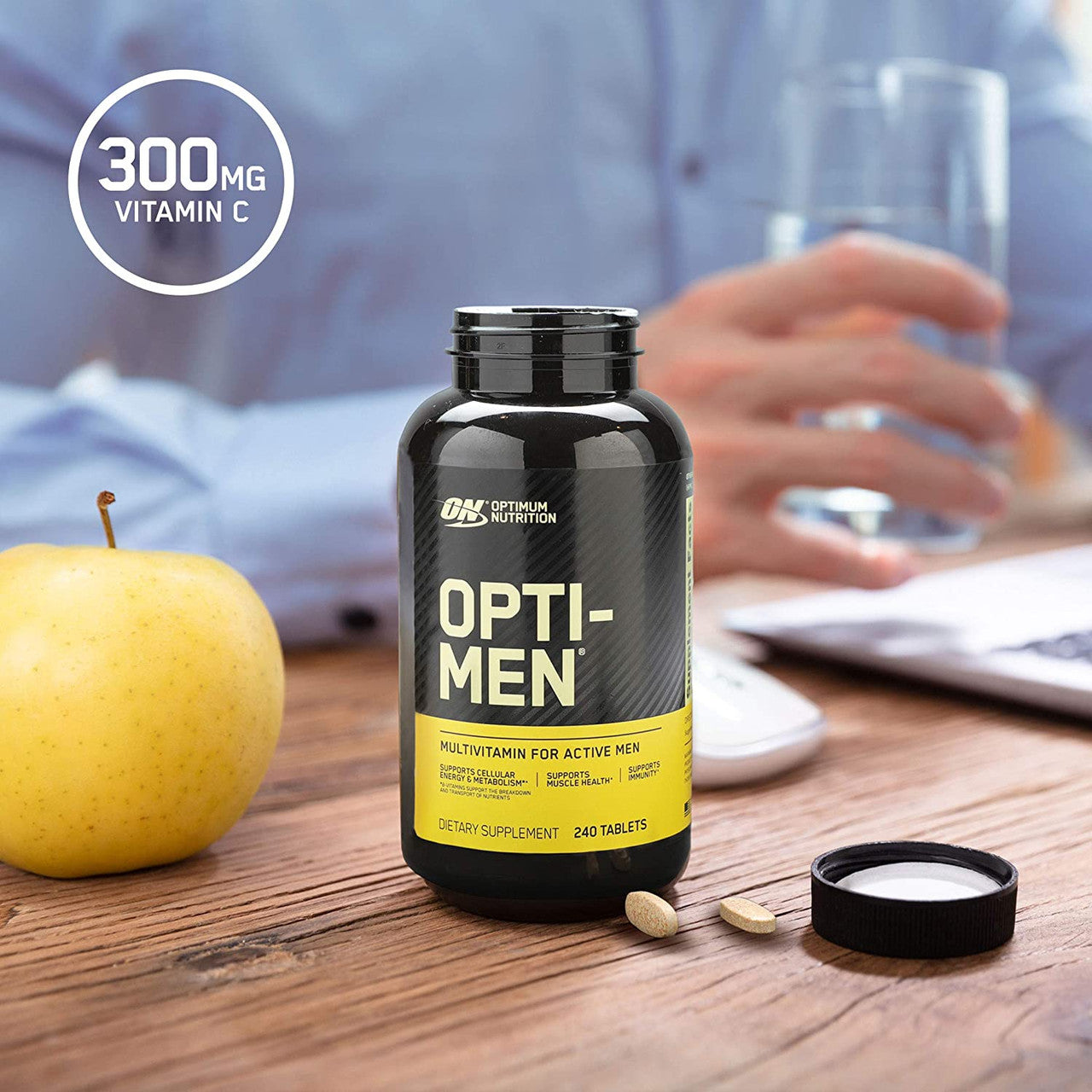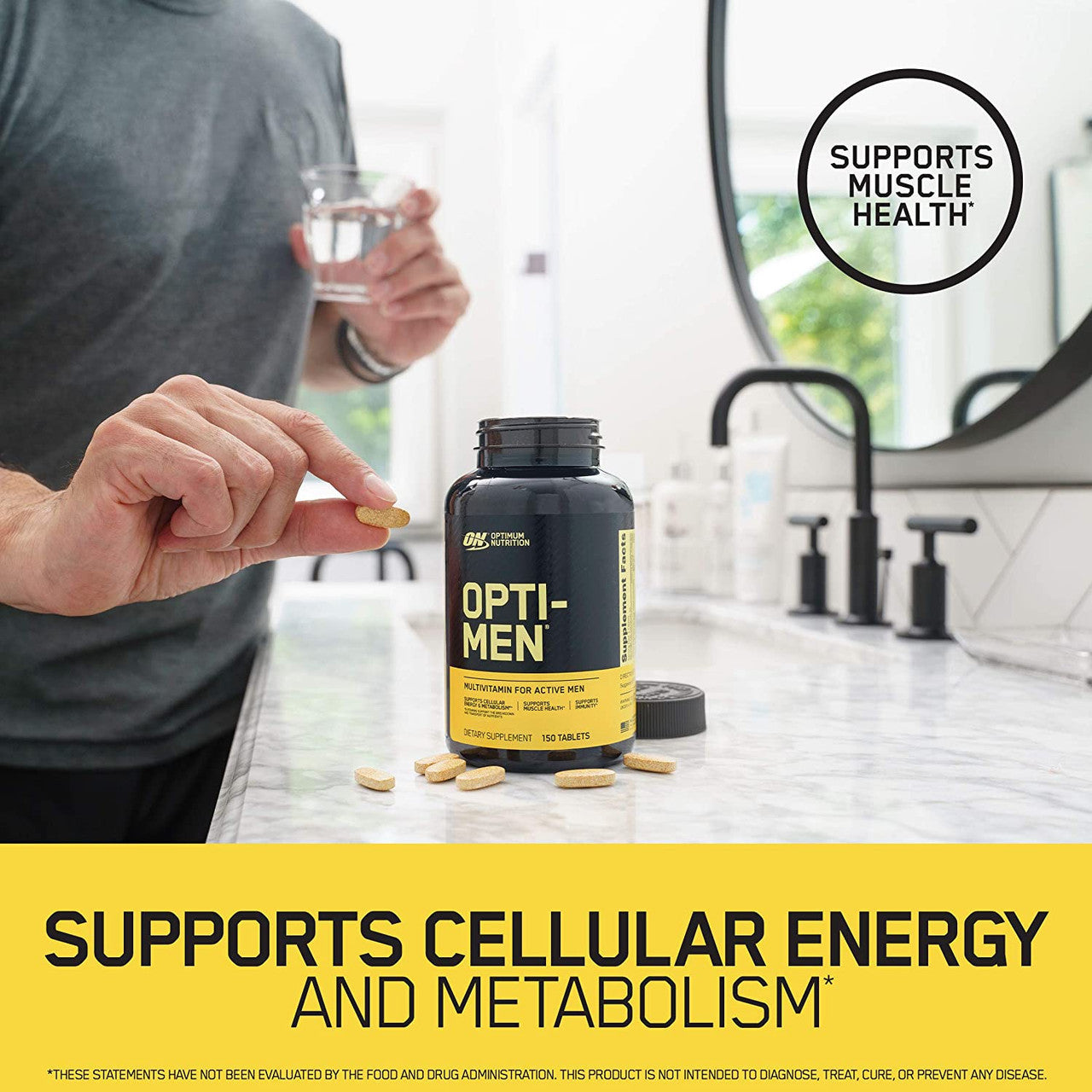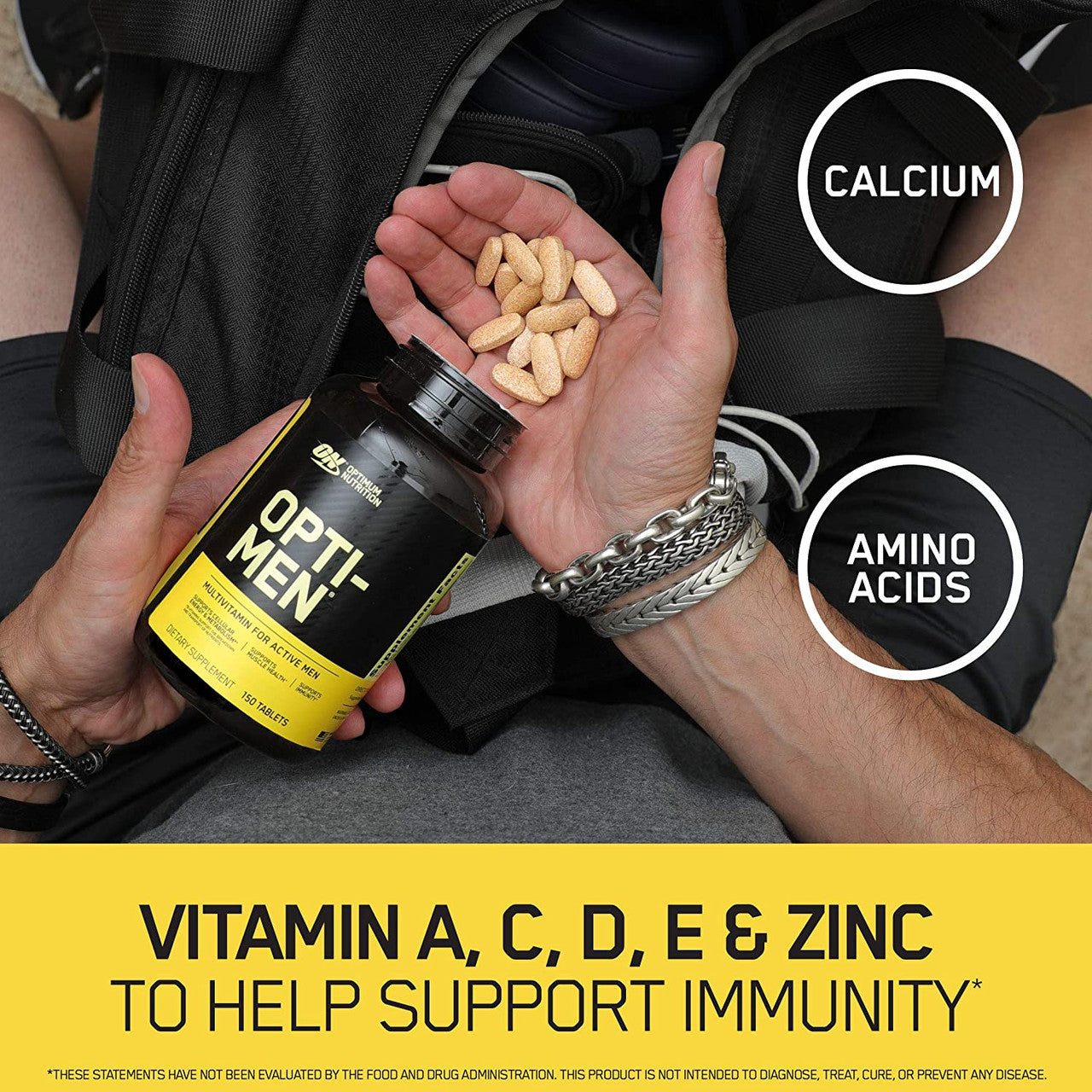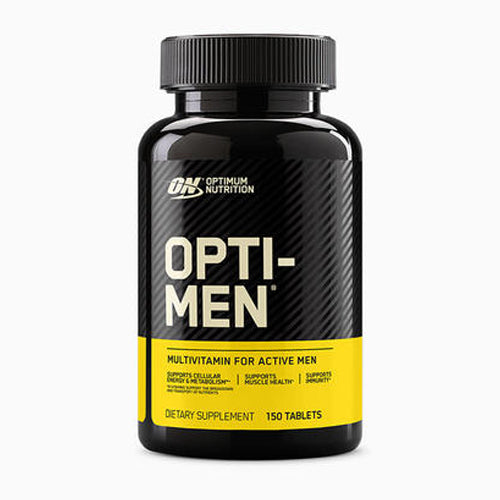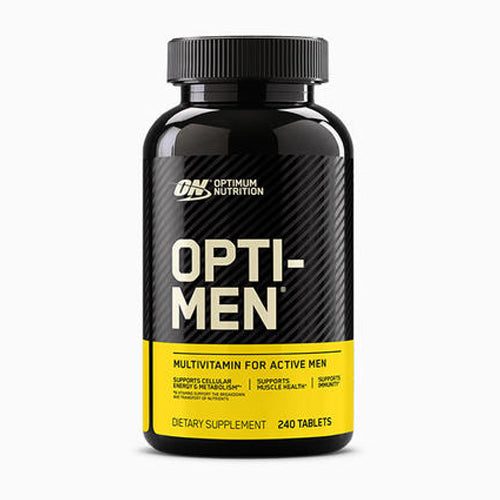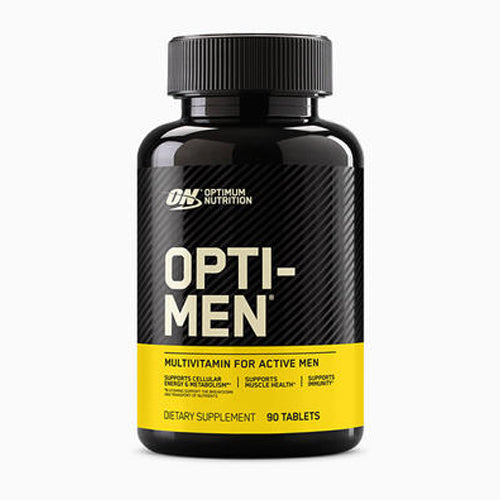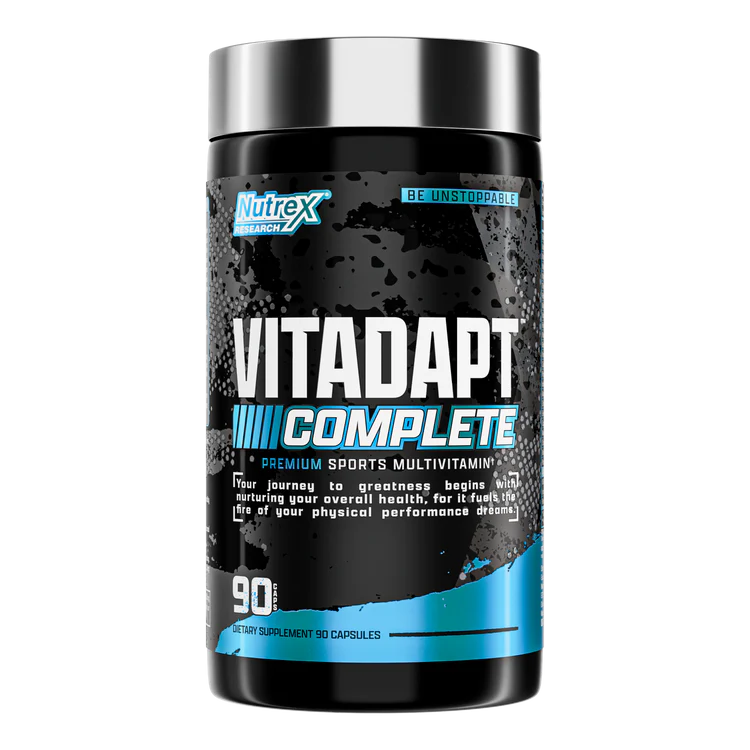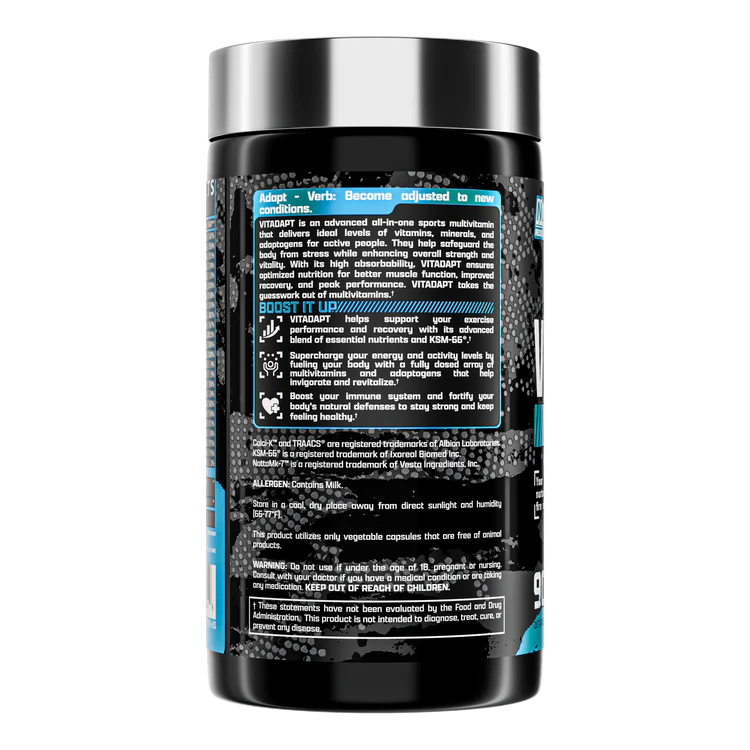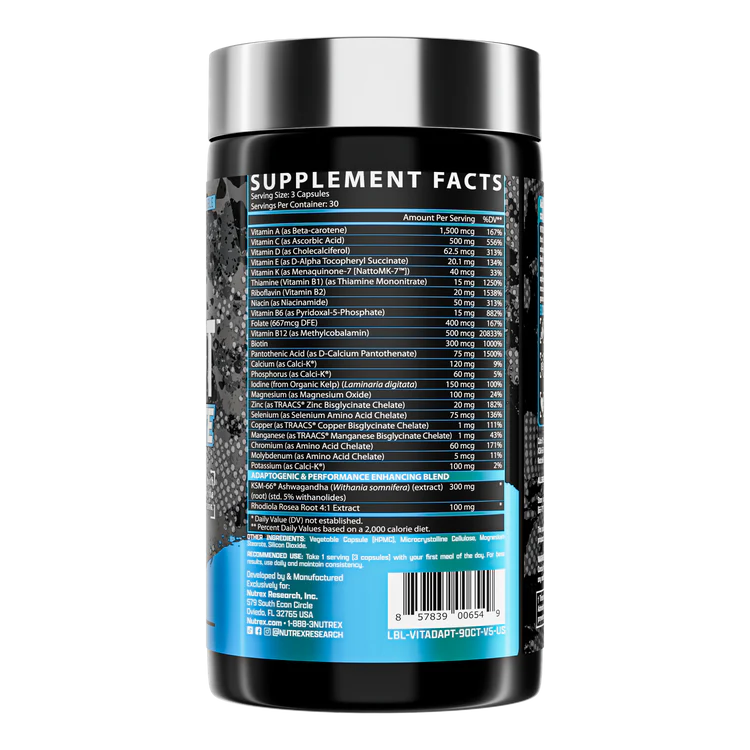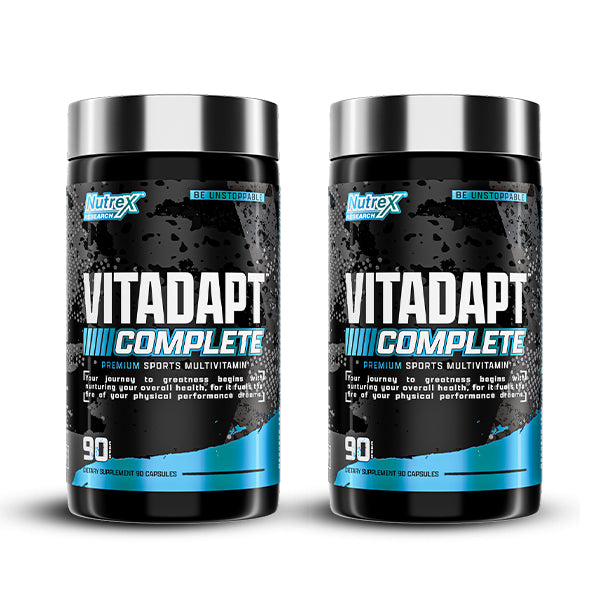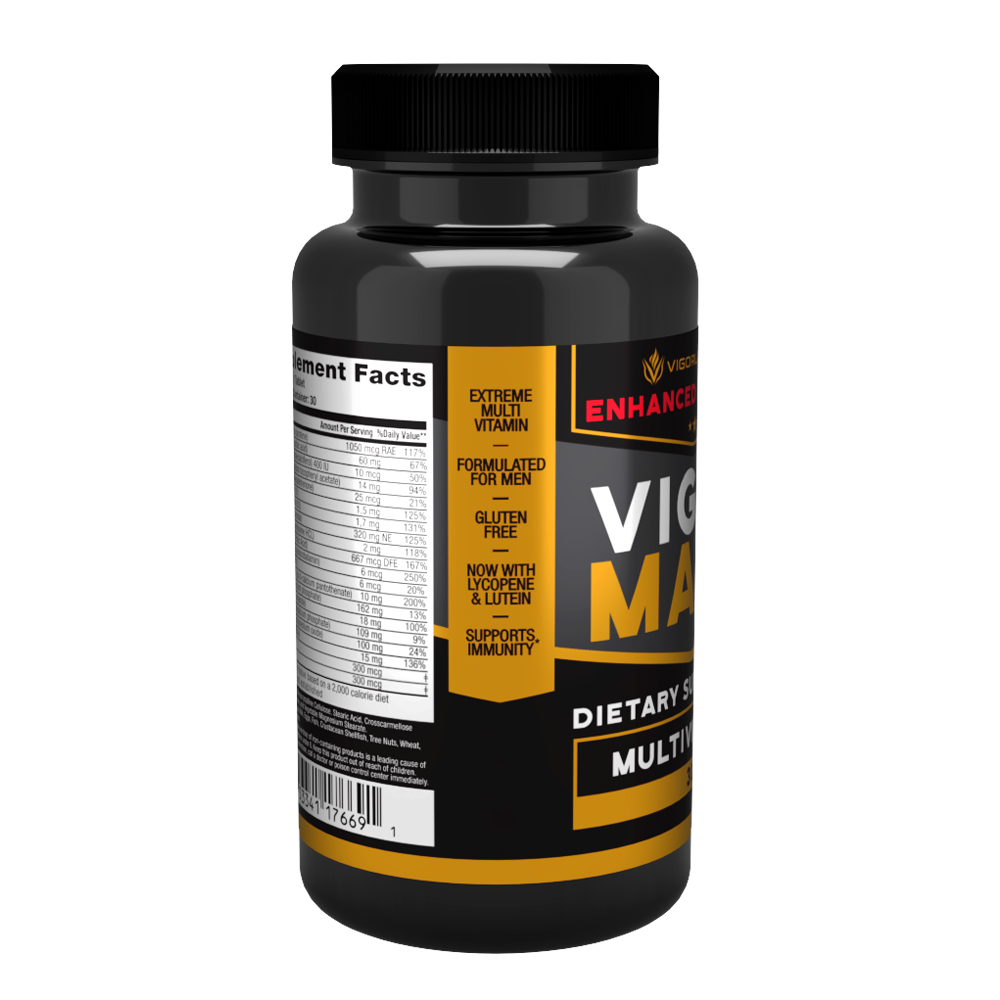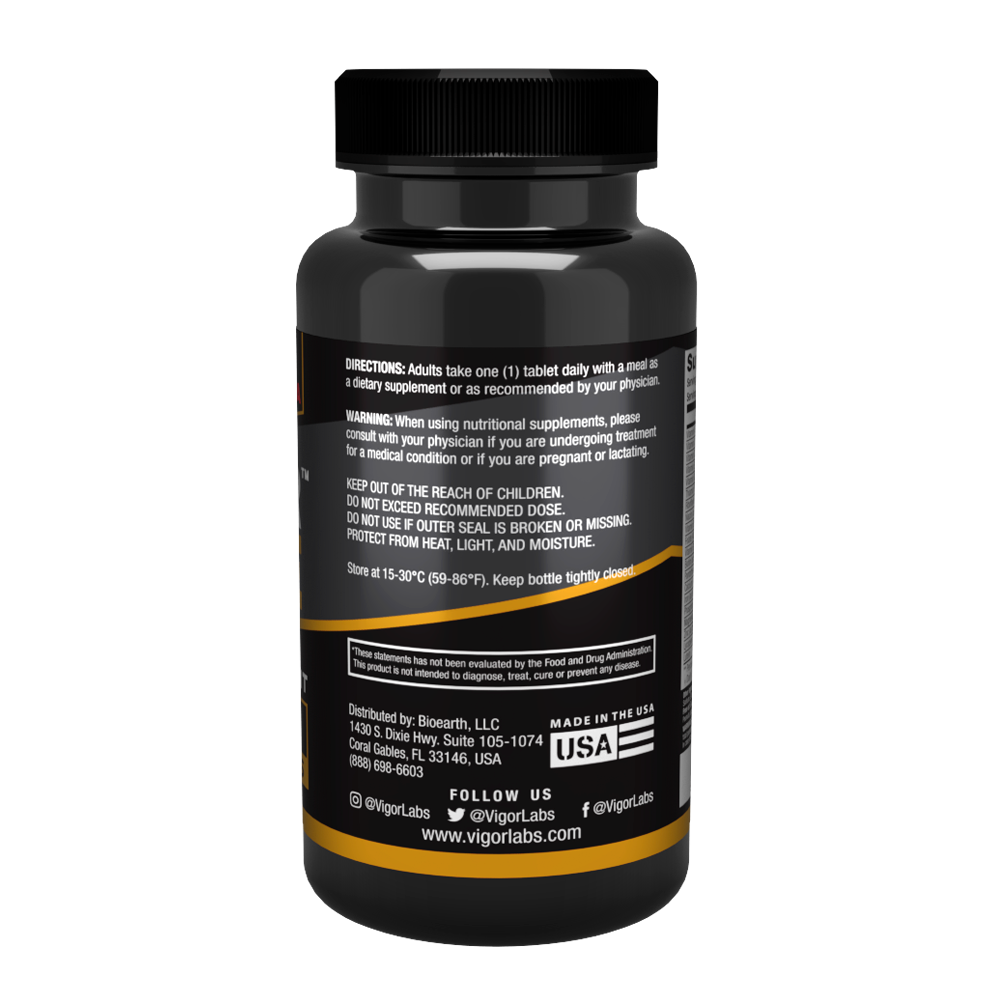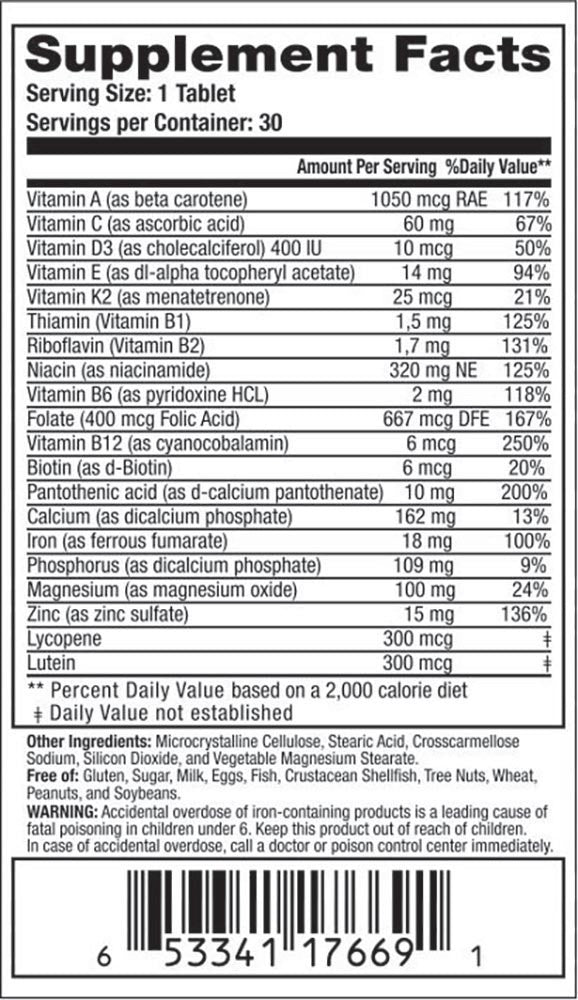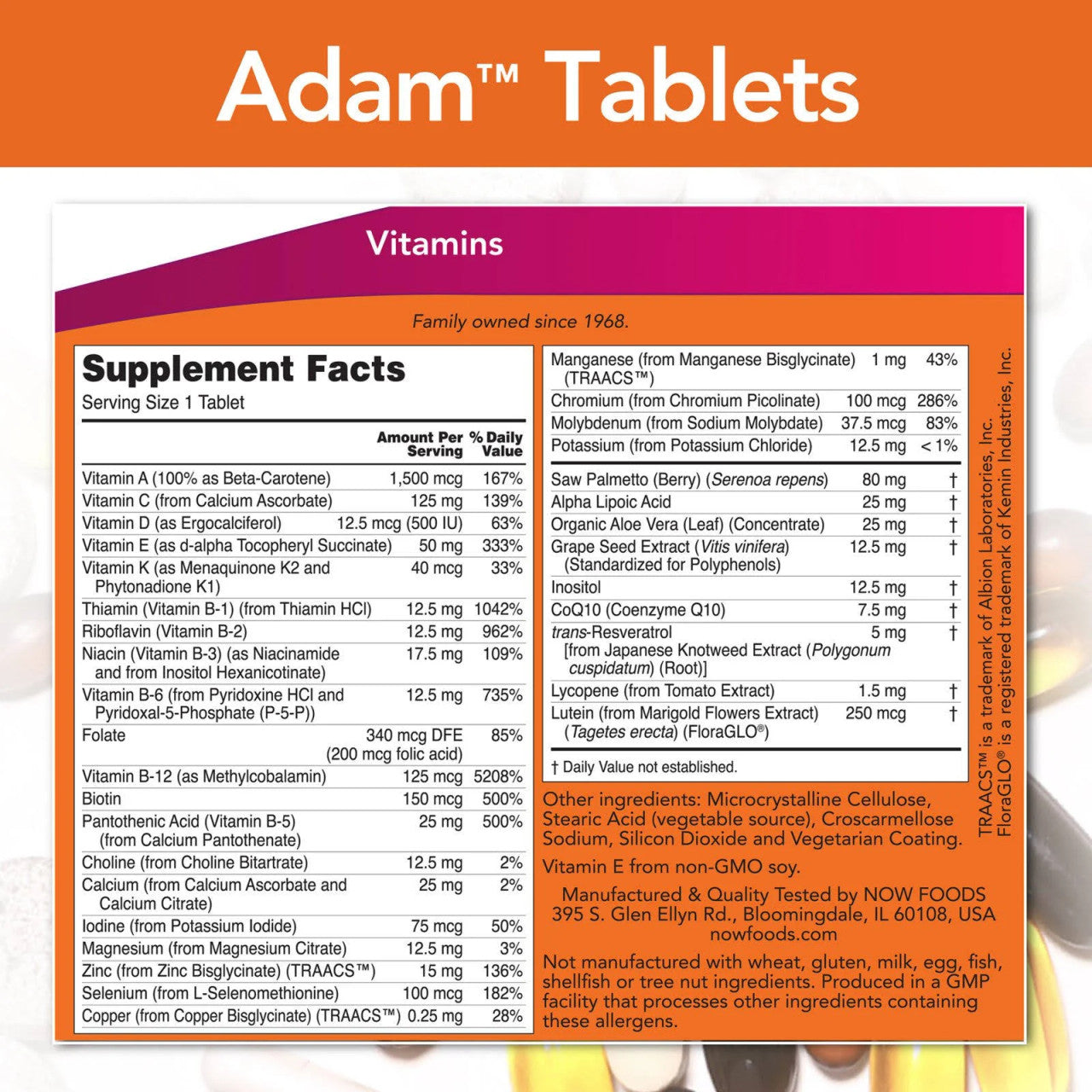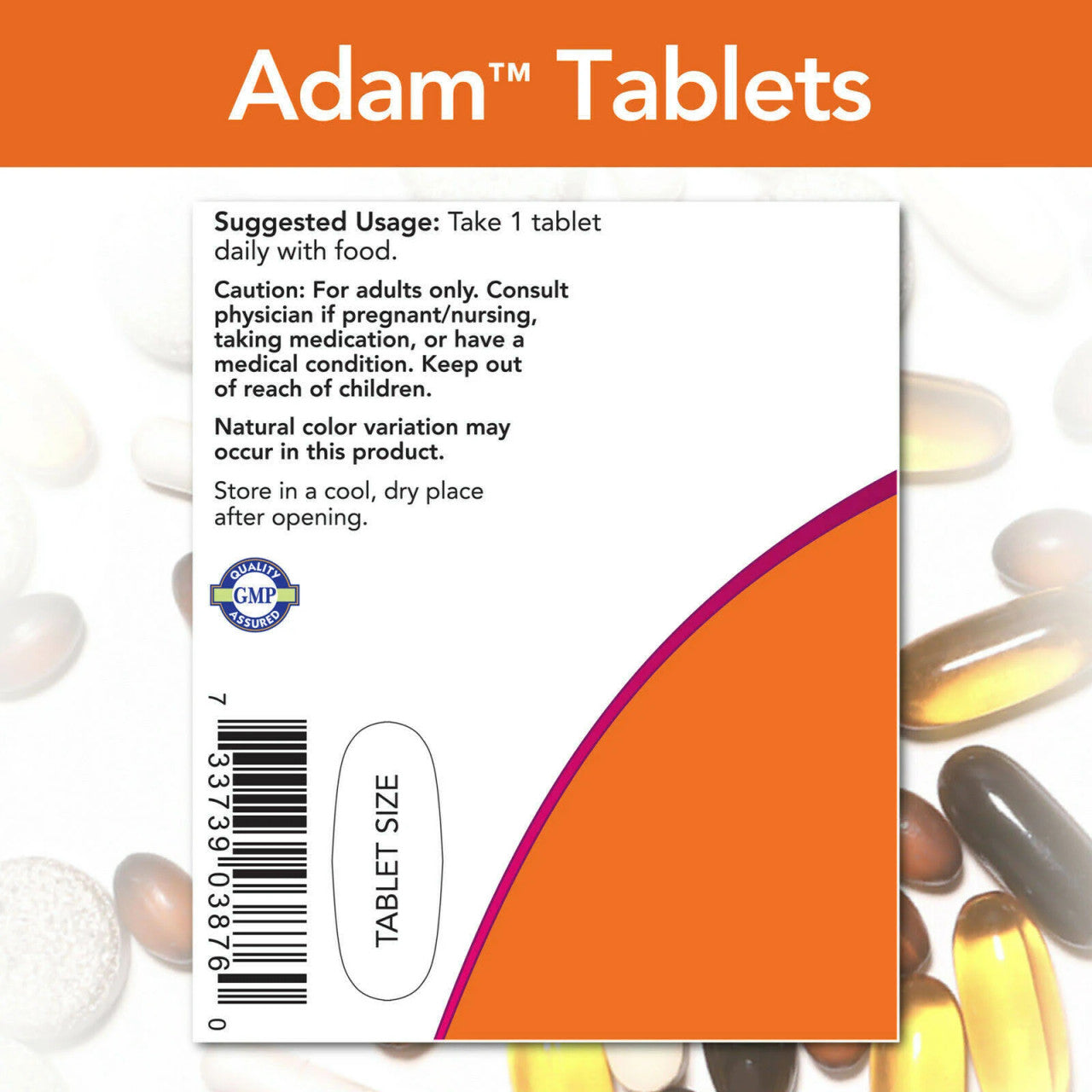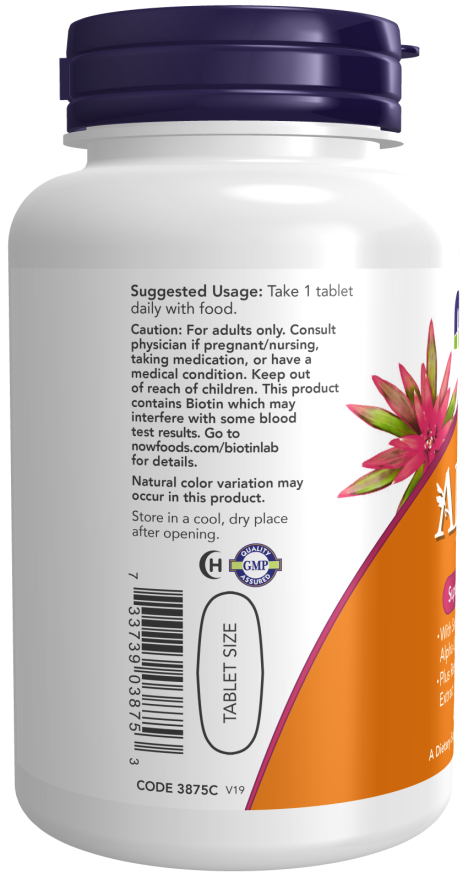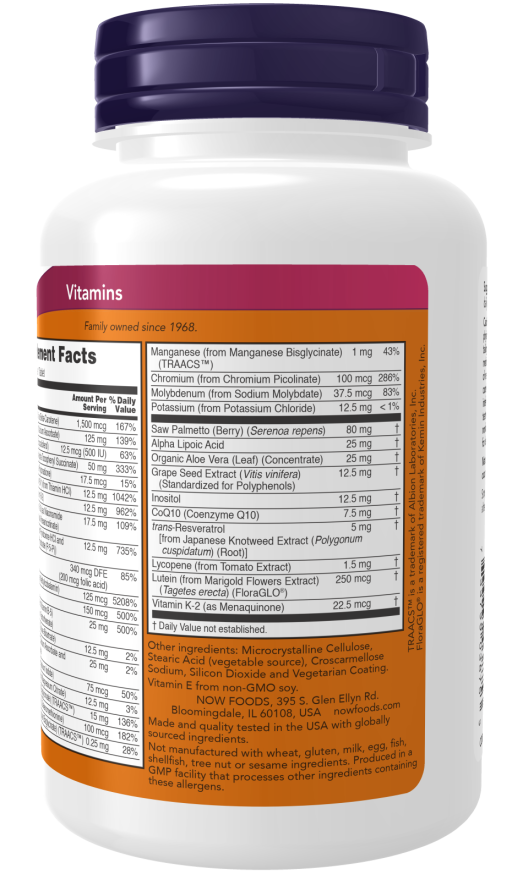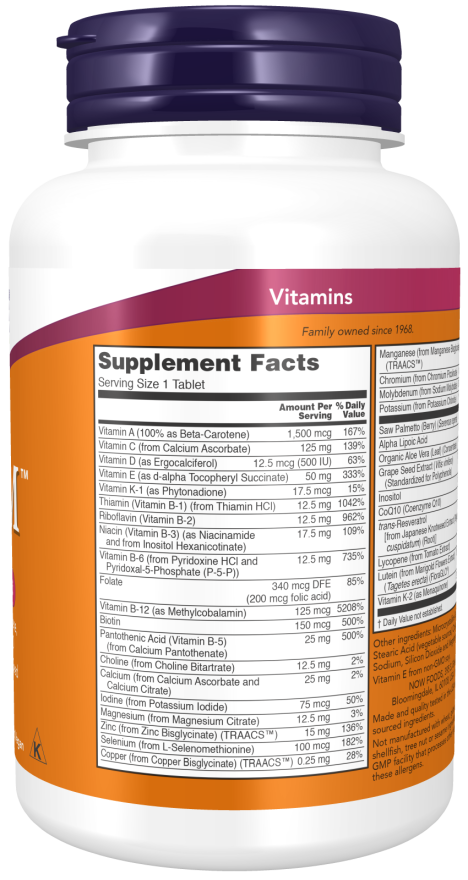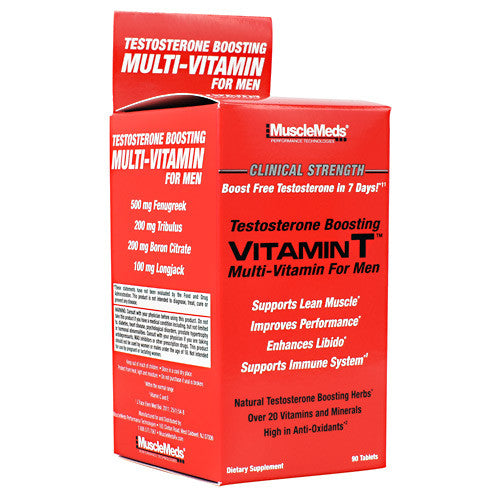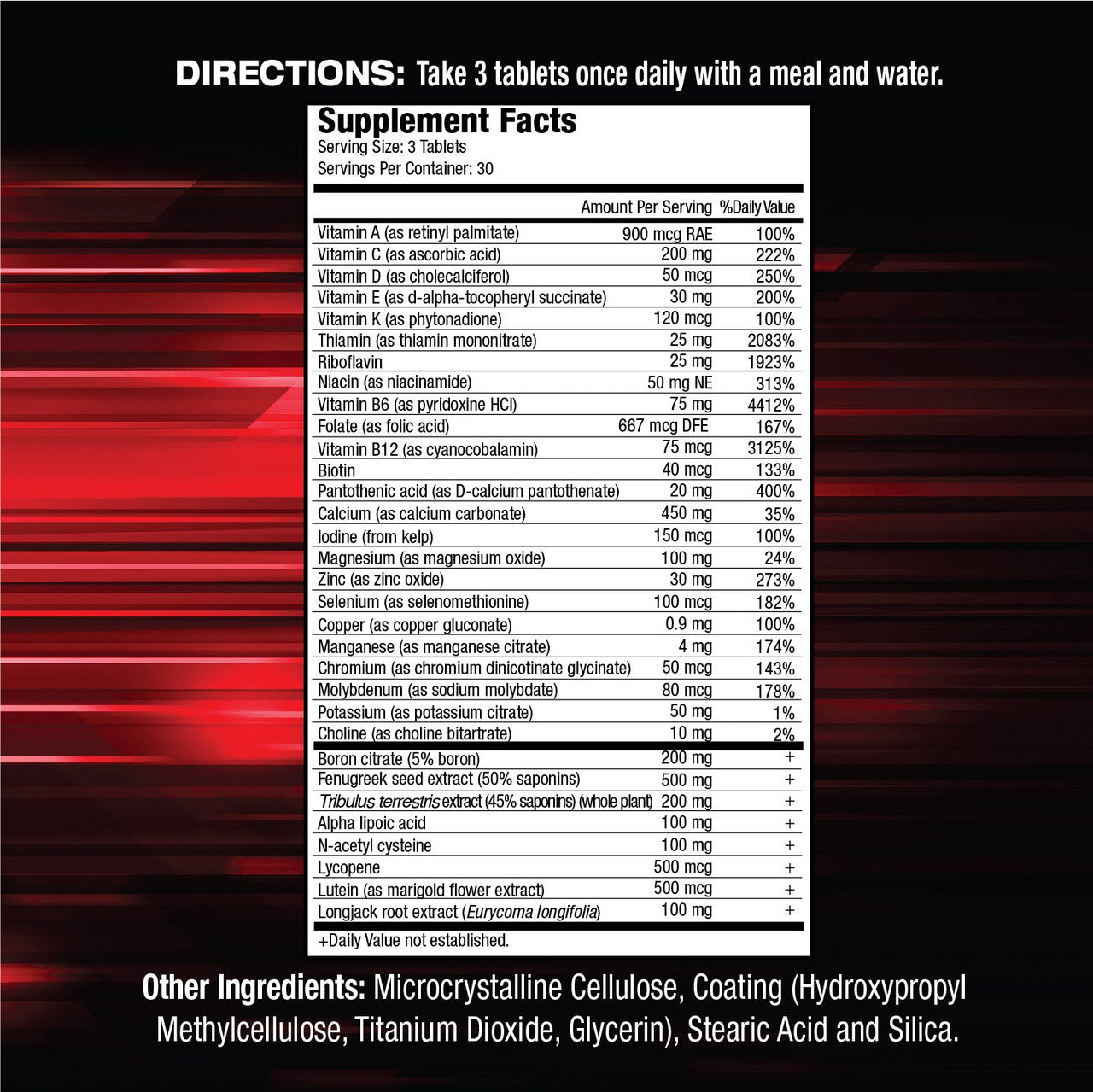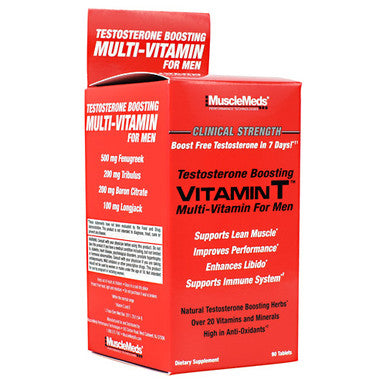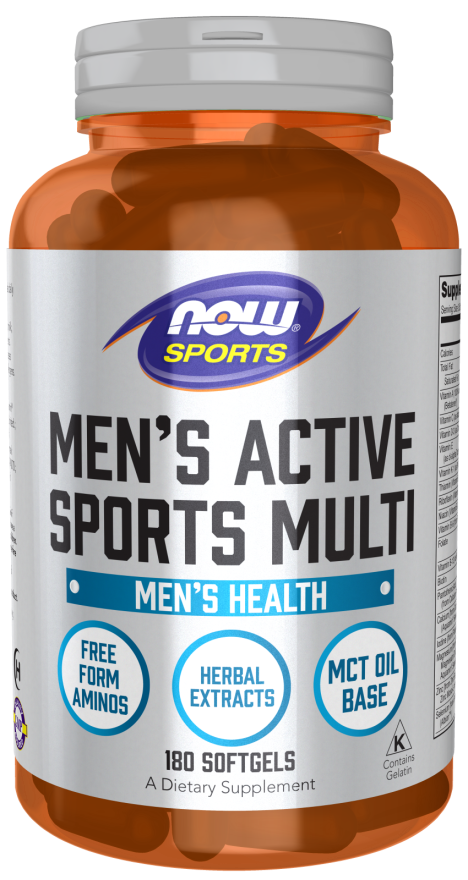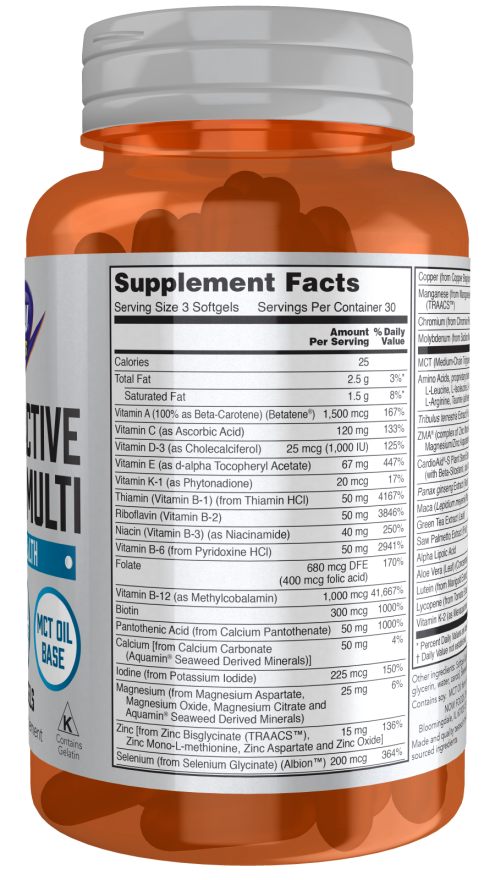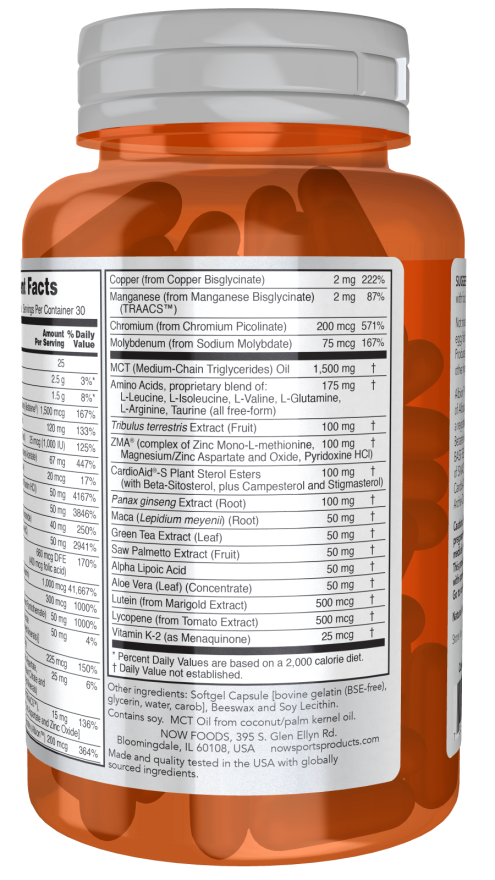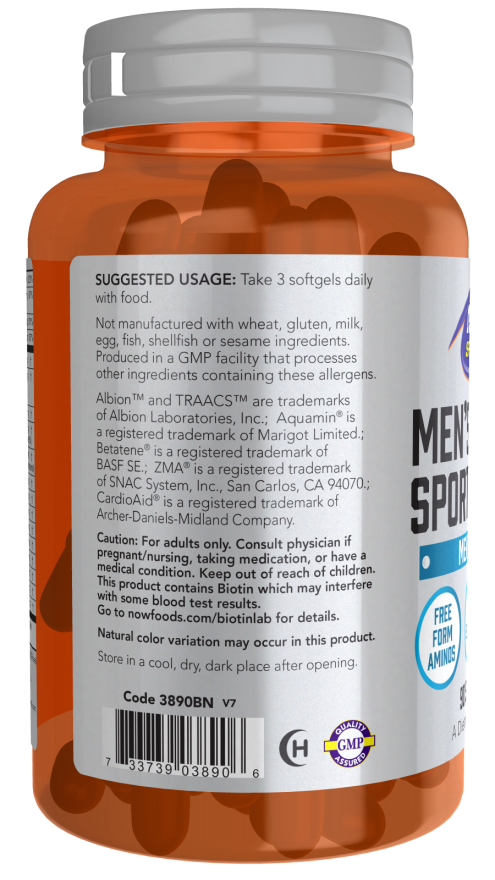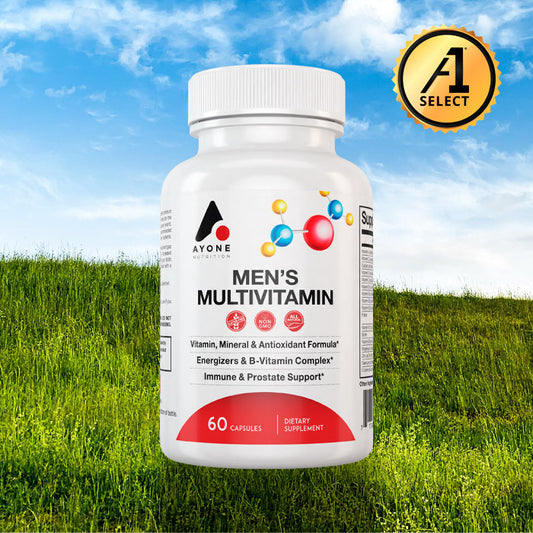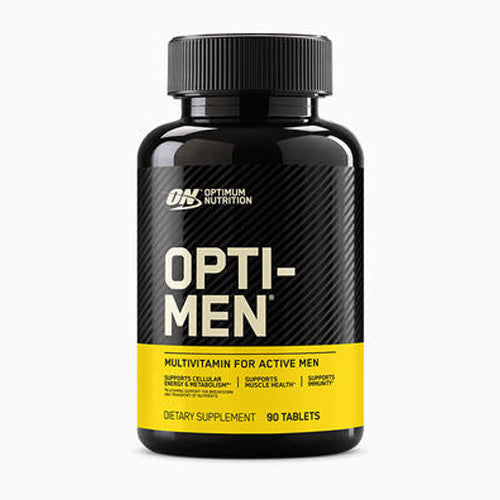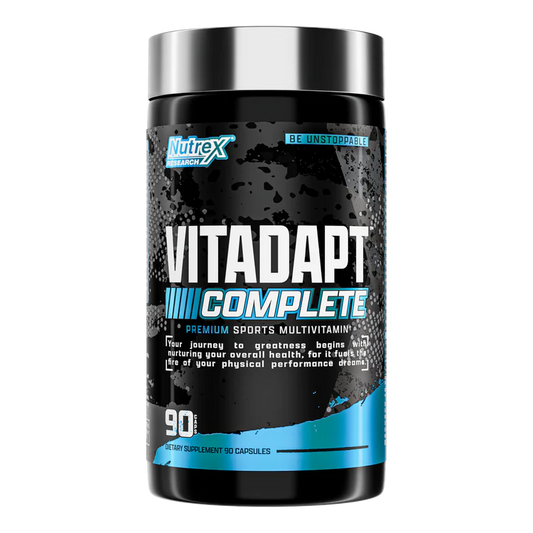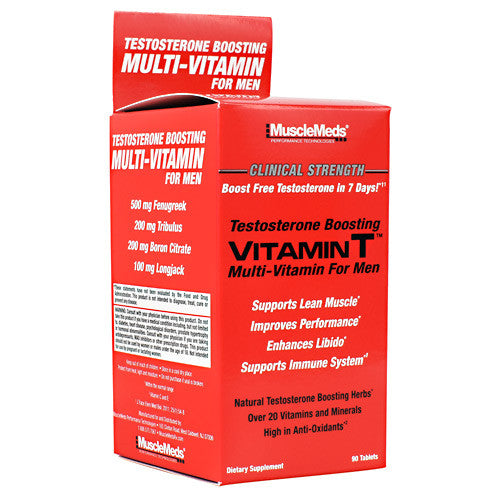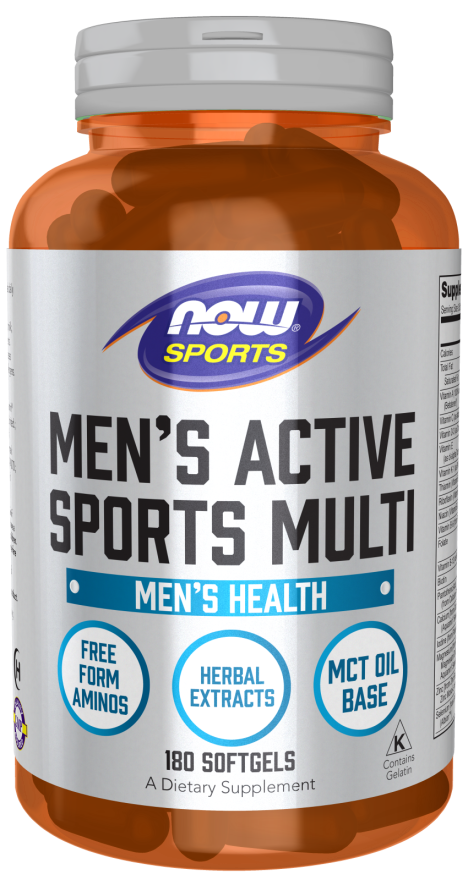How to Choose a Multivitamin That’s Right for You
Until recently most mainstream health authorities advised us just to “eat a balanced diet,” and not to waste our money on multivitamins. All those supplements, we were told, would give us nothing more than expensive urine. However, the accepted wisdom has begun to change, thanks to an ever-growing body of biomedical research showing that “nutritional insurance” in the form of a daily multivitamin may be a smart course. But how do you pick a multivitamin that is best for you? Or the multivitamin that is best for your family? With thousands of supplement brands crowding the market, to narrow it down to just one can be a tough and frustrating job, so here are some tips to make the process of choosing a multivitamin a little easier.
One-a-day formulas, while convenient, don’t provide an optimal level of nutritional support. Even the best supplement companies can squeeze only a limited amount of nutrition into a single pill, but multivitamin formulas that involve taking several capsules or tablets a day usually contain far higher amounts of minerals crucial for bone health such as magnesium and calcium, not to mention disease-fighting antioxidants such as vitamins C and E. Take a one-a-day only if you are temperamentally incapable of swallowing more than one pill a day, since some sort of multivitamin is better than no multivitamin at all.
What to Look For
Adults generally should look for multivitamins that have a vitamin A and beta carotene combination, at least several hundred milligrams of vitamin C, a complete B-complex, 400 IU of vitamin D, a hundred units or more of vitamin E, several hundred milligrams each of calcium and magnesium, and trace minerals such as chromium, boron, manganese, molybdenum, and zinc. People sometimes find multivitamins in capsule form easier to swallow, although multivitamins in tablet form are a bit more economical.
In addition to a complete array of vitamins and minerals, the better multivitamin products will often contain “non-vitamin nutrients” such as grape seed extract, milk thistle, ginkgo biloba, and alpha lipoic acid. These can add a great deal of value to your formula, since nutrients such as these offer an extra layer of support to your heart, your immune system, your liver, even your brain. Some sort of nutritionally enhanced multivitamin is an especially good choice for smokers, athletes, those over forty, and others who may benefit from advanced antioxidant supplementation.
Some scientists suspect that excess levels of iron may increase the risk of heart disease, perhaps by causing oxidation of cholesterol. Nobody yet knows for sure if this is true, but it might be prudent for most men and post-menopausal women to opt for multivitamins that are iron free, unless directed otherwise by a physician. (Helpful hint: Husbands and wives who take the same multivitamin for reasons of economy and convenience often buy the iron-free version, and the wife simply adds an iron supplement to her daily regimen.)
Other Varieties of Multivitamins
Some people just can’t swallow pills, or have medical problems that cause poor absorption of pills. Luckily, a number of reasonably high-quality powdered and liquid multivitamins now offer these folks a way to benefit of from nutritional supplementation. Sometimes these formulas don’t taste very good, so mix them in juice if you need to.
The nutritional needs of children differ sharply from those of adults. Look for multivitamin formulas that provide the Daily Value of vitamins and minerals appropriate for their age and size, and consider giving them extra vitamin C, perhaps in the form of chewable, fruit-flavored tablets. Keep in mind that taste is a big issue for children, so try to find one that they will happily take—there are many good-tasting kids’ multivitamins on the market. A well-formulated multivitamin for children should also be free of artificial dyes and sweeteners. And remember, iron overdose is the second leading cause of fatal poisoning among children, so keep all iron-containing supplements out of their reach!
In addition to extra heart-healthy antioxidants, multivitamins for men over forty often contain the herb saw palmetto, as well as generous quantities of zinc, both of which are crucial for a healthy prostate. And because at that age energy levels sometimes begin to decline, a multivitamin that contains adaptogenic herbs such as ginseng, eleuthero, and rhodiola can make the difference between a man who is feeling well-rested and vigorous, and a man who just wants to find the nearest easy chair.
Multivitamins for women over the age of 45 can be especially valuableif they contain hormone-balancing herbs such as damiana and black cohosh, both of which reportedly help reduce the discomfort of menopause. And be sure to look for an array of nutrients to promote bone health, including magnesium, calcium, boron, vitamin D, and vitamin K. (Note: Those on the blood-thinner coumadin should consult closely with their physician before taking any supplement that has vitamin K in it.)
Vitamin and Mineral Requirements
Many people are surprised to learn that athletes, like smokers, are exposed to more free radicals than the average person. This means that athletes can benefit from especially high amounts of antioxidants in their multivitamins, including glutathione-boosting nutrients such as lipoic acid and n-acetyl-cysteine. Also of critical importance are formulas that have good quantities of magnesium, calcium, and potassium, since these minerals are lost through sweat. Adaptogenic herbs such as ginseng, eleuthero, and rhodiola in a multivitamin can make a real difference in energy and performance for the athlete, as well.
Remember that water-soluble nutrients such as vitamin C and the B-complex vitamins work better if taken two or three times a day. On the other hand fat-soluble nutrients such as vitamin E and beta carotene require small amounts of fat for absorption, i.e., butter on toast, olive on a salad, a handful of raw nuts, etc. So try to take your multivitamin formula with meals, say, half with breakfast and half with supper.
Typically, a good multivitamin formula will cost anywhere between fifty cents and a dollar a day, not very much in this era of sky-high gasoline prices. And when you consider that a growing body of evidence suggests that taking a multivitamin every day may help reduce the risk of many serious physical complaints, they begin to look like one of the best bargains around. After all, being healthy is always a lot less expensive than being sick. And remember—you can get the best supplements at the best prices from A1Supplements.com!
Published with permission, original © 2008.
These statements have not been evaluated by the Food and Drug Administration. This product is not intended to diagnose, treat, cure, or prevent any disease.














